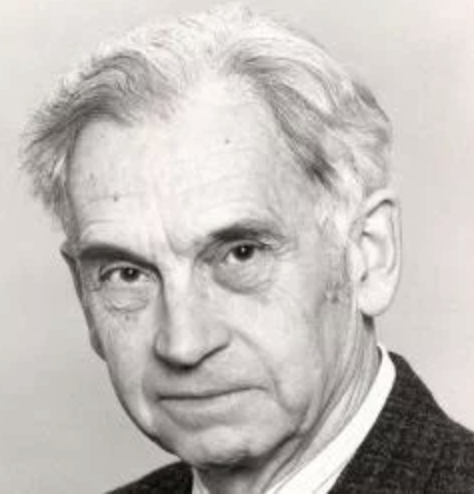On this date in 1904, evolutionary biologist Ernst Mayr was born in Kempten, Germany. From a young age, he showed an interest in a variety of bird species. Originally studying medical sciences, he changed his mind and received his Ph.D. in ornithology from the University of Berlin. Mayr spent much of his life studying the theory of evolution and eventually established himself as a leading neo-Darwinist. Mayr traveled to New Guinea and the Solomon Islands, where he was able to show that species can arise from isolated populations.
While working in 1942 as a curator at the American Museum of Natural History in New York, he published Systematics and the Origin of Species. During his career, he identified 26 new species of bird and 38 species of orchid. Mayr became a professor at Harvard University in 1953 and led Harvard’s Comparative Zoology Museum from 1961-70. He transformed Darwin’s abstract theories into the science of evolutionary biology and wrote or edited over 600 journal articles and 20 books, well into his 90s, about his experimental and observational studies to support evolution.
He married Margarete Simon in 1935. They had two children and lived together until her death in 1990. Mayr received a number of awards, including the Darwin-Wallace Medal (1958), National Medal of Science for Biological Studies (1969) and the International Prize for Biology (1994). Harvard renamed its Museum of Comparative Zoology Library in his honor in 1995. He died at age 100 in Bedford, Mass. (D. 2005)


